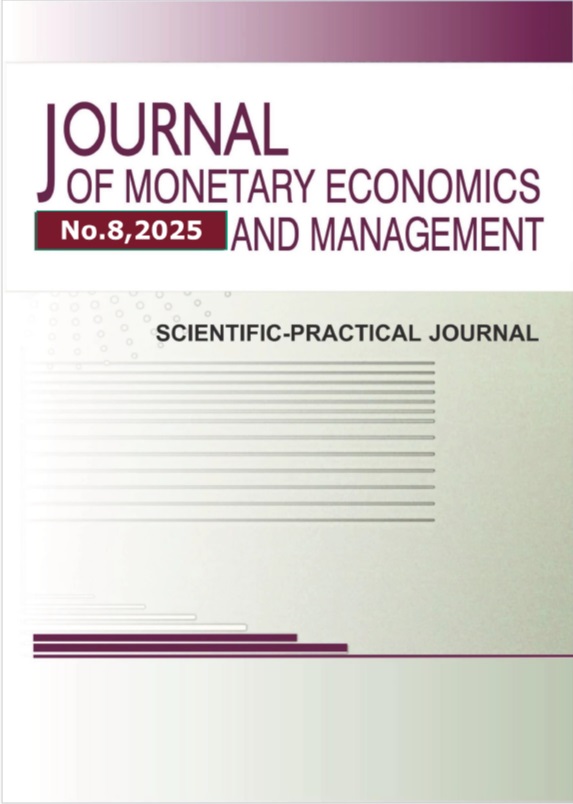student
The article considers the transition of IT organizations from project logic to product logic as an economically advantageous configuration. Long-lived cross-functional teams reduce transaction costs, retain domain knowledge and turn delivery speed into a manageable parameter through work-in-progress limits, “cost of delay” and short increments. Continuous funding of value streams, a platform layer as an internal product with “internal prices” and service level objectives (SLO) make the cost price transparent and the margin predictable. Linking DORA metrics with money series allows you to estimate the “price of the day” and justify acceleration. Prioritization according to WSJF displaces status disputes, the “dual track” of discovery/delivery reduces the risk of major misses, and error budgets replace ritual “gates” with measurable quality handrails. As a result, the contribution margin grows, the variability of release input decreases and the sustainability of the portfolio increases.
product teams, feature flow, cost of delay, work in progress (WIP), DORA metrics, SLO, OKR, platform layer, value stream funding, WSJF, error budget, lead time, contribution margin
1. Fedorov, A. O. Informacionnye tehnologii i ih rol' v sovremennoy ekonomike / A. O. Fedorov, T. I. Galiev // Innovacionnye podhody v reshenii nauchnyh problem : Sbornik trudov po materialam Mezhdunarodnogo konkursa nauchno-issledovatel'skih rabot, Ufa, 30 aprelya 2020 goda. – Ufa: Obschestvo s ogranichennoy otvetstvennost'yu «Nauchno-izdatel'skiy centr «Vestnik nauki», 2020. – S. 492-500
2. Podstrechnyy, A. V. Prakticheskoe primenenie koncepciy innovacionnogo menedzhmenta v sfere it / A. V. Podstrechnyy // Ekonomika: aktual'nye voprosy teorii i praktiki : Sbornik statey IV Mezhdunarodnoy nauchno-prakticheskoy konferencii, Penza, 05 iyulya 2023 goda. – Penza: Nauka i Prosveschenie (IP Gulyaev G.Yu.), 2023. – S. 7-10
3. Alavi M., Leidner D.F., Knowledge Management and Knowledge Management Systems and Processes: Conceptual Foundations and Research Issues // MIS Quarterly (Management Information Systems Research Center. University Of Minnesota). Vol. 25, No. 2. Pp. 107 – 136
4. Sokolova I.S., Gal'din A.A. Prakticheskoe primenenie iskusstvennogo intellekta v usloviyah cifrovoy ekonomiki // Modeli, sistemy, seti v ekonomike, tehnike, prirode i obschestve. - - №2 (26). – S. 71-79
5. Hvan, V. P. Devops: evolyuciya metodologii i ee vliyanie na sovremennye IT-processy / V. P. Hvan // Novaya nauka: ot idei k rezul'tatu. – 2024. – № 10. – S. 110-114
6. Jagalur, Ju. DevOps Deciphered: A Comparative Analysis of Tools Powering the DevOps Revolution / Ju. Jagalur // International Journal of Computer Trends and Technology. – 2024. – Vol. 72, No. 8. – P. 7-12
7. DevOps Main Area and Core Capabilities Adopting DevOps in the Last Decade: A Systematic Literature Review / J. Zulkarnain, R. F. Mulya, T. Pratiwi [et al.] // International Journal of Research and Applied Technology. – 2022. – Vol. 2, No. 2. – P. 184-197
8. Seregin, K. S. Praktiki devops dlya uskoreniya razrabotki i vnedreniya sovremennyh prilozheniy i optimizacii processov dostavki programmnogo obespecheniya / K. S. Seregin // Vestnik nauki. – 2025. – T. 3, № 1(82). – S. 1012-1016









